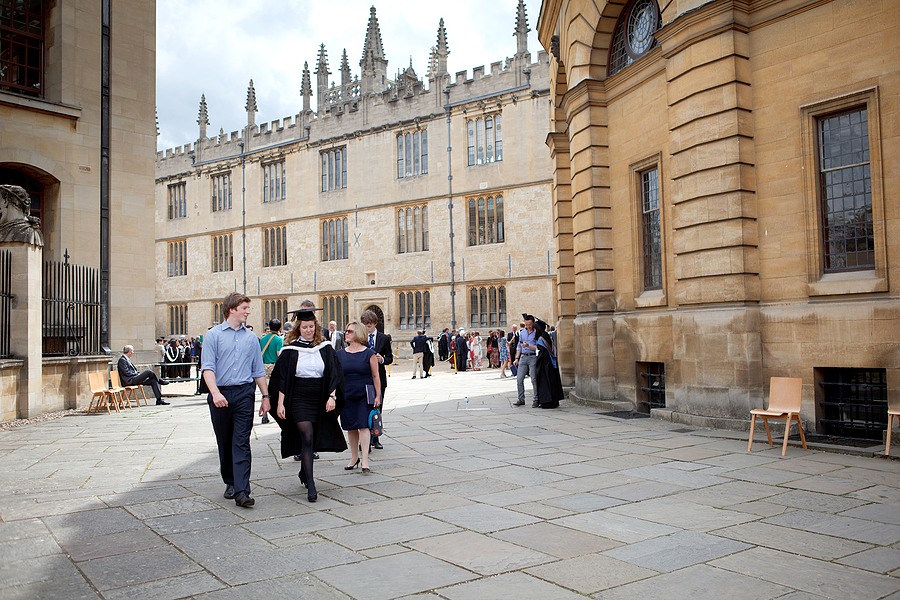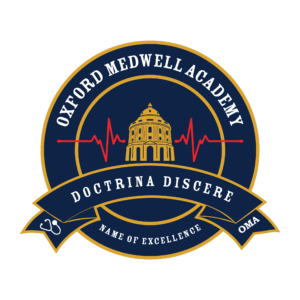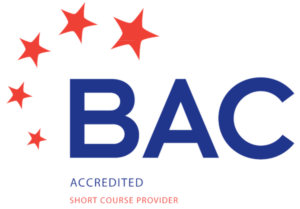Much as there are many paths to a medical qualification, there are also a lot of different ways in which said degree will open the doors to so many different careers.
Whilst the most common path is enrolling in a medical degree from college, medical foundation courses, postgraduate conversion courses and many different alternative paths exist for people who want to be a doctor.
At the same time, a qualification is not limited to a single specific career, and graduates who either are looking for a new challenge or who have changed their mind about becoming a doctor can use their degree for a wide variety of different jobs should they want to.
As there are so many potential careers for a medical graduate that an exhaustive list is almost impossible to create, here are some suggestions for how to broaden the scope of your degree.
Medical Careers Outside Of The Traditional
The first step away from hospitals, NHS and private practices are careers that still directly and closely involve using your medical qualifications but in a setting that differs from the usual and often provides a broad scope of challenges.
This can include being a medic for the armed forces, working in occupational medicine to ensure that employees with long-term health concerns are adequately supported, prison medical officers or working in public health.
All of these roles will involve some degree of additional specialised training but can provide new opportunities and challenges.
Scientific Research
The next step is not working directly as a doctor but instead working in relevant medical research fields.
This can involve working for an academic institution, working in clinical psychology or working as a medical researcher for a particular industry.
Using Medical Degree Knowledge Away From Medicine
A medical degree involves a huge base of knowledge that can be applied to a wide variety of fields that are not directly related to medicine.
This could include the management of healthcare facilities, consultancy, training in medical law or education or working in the field of medical journalism and communication to ensure the appropriate spread of information.
Transferable Skills
Completing a medical degree shows a drive and capacity to undertake original research and communicate effectively, and there are as many roles where this could be useful as there are graduate roles.






